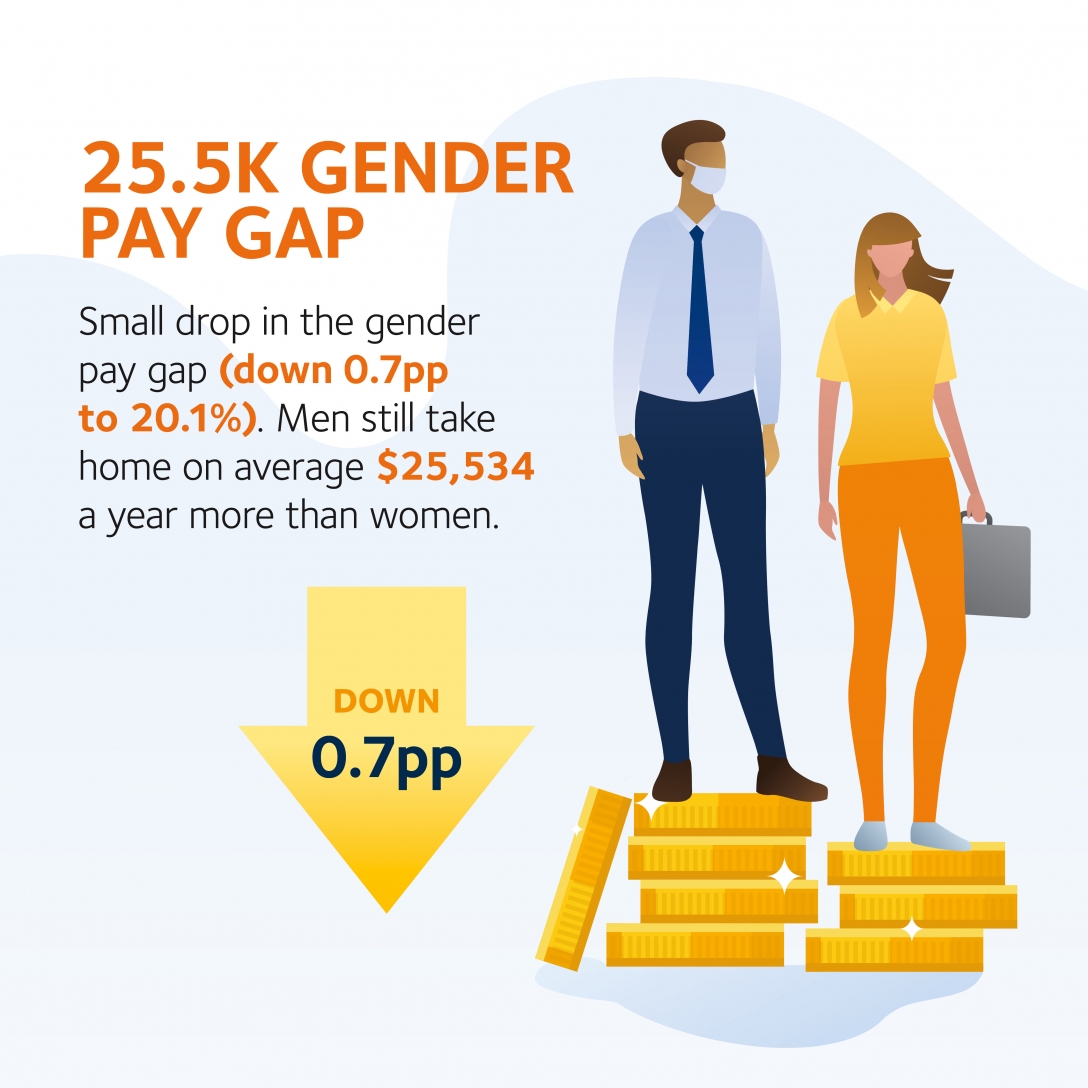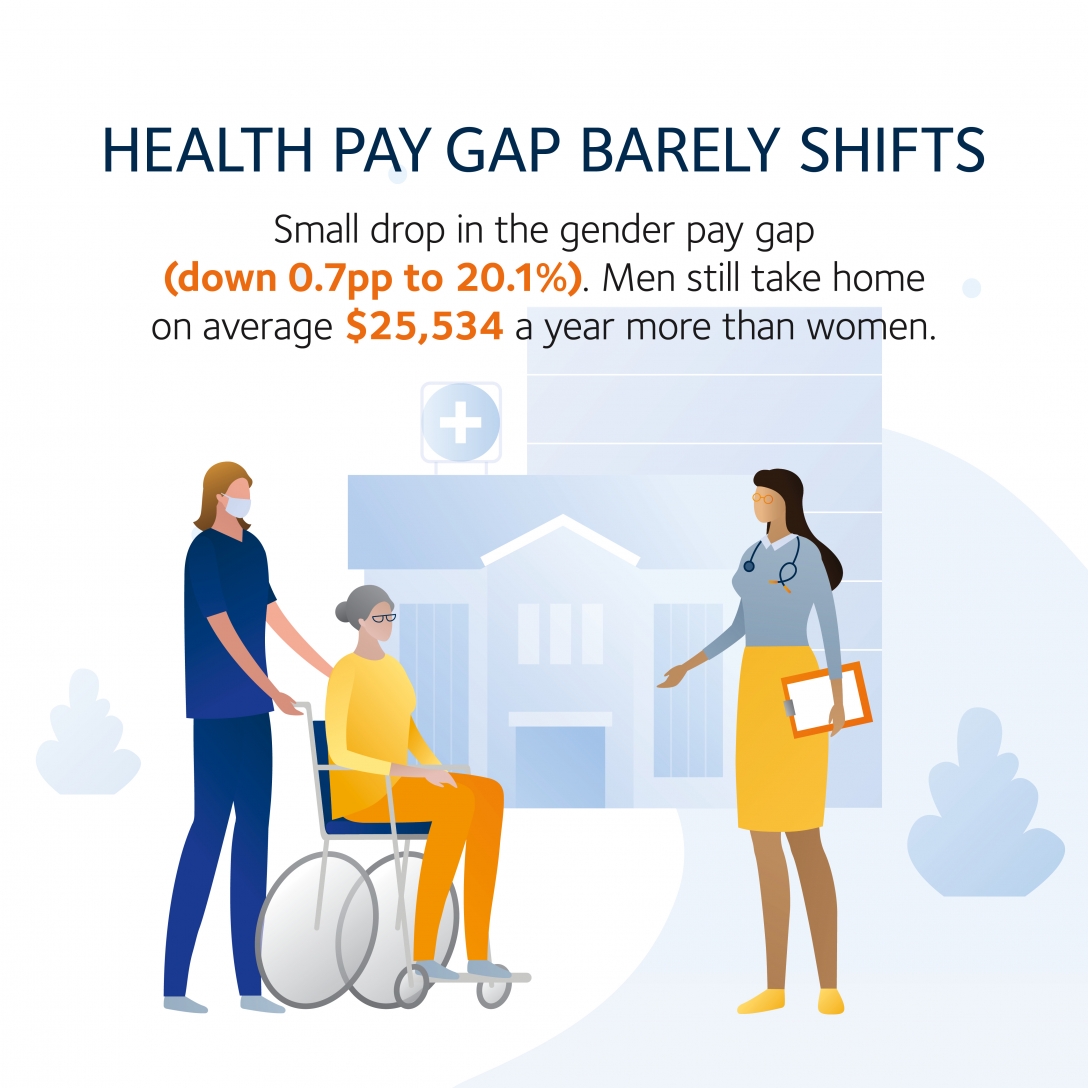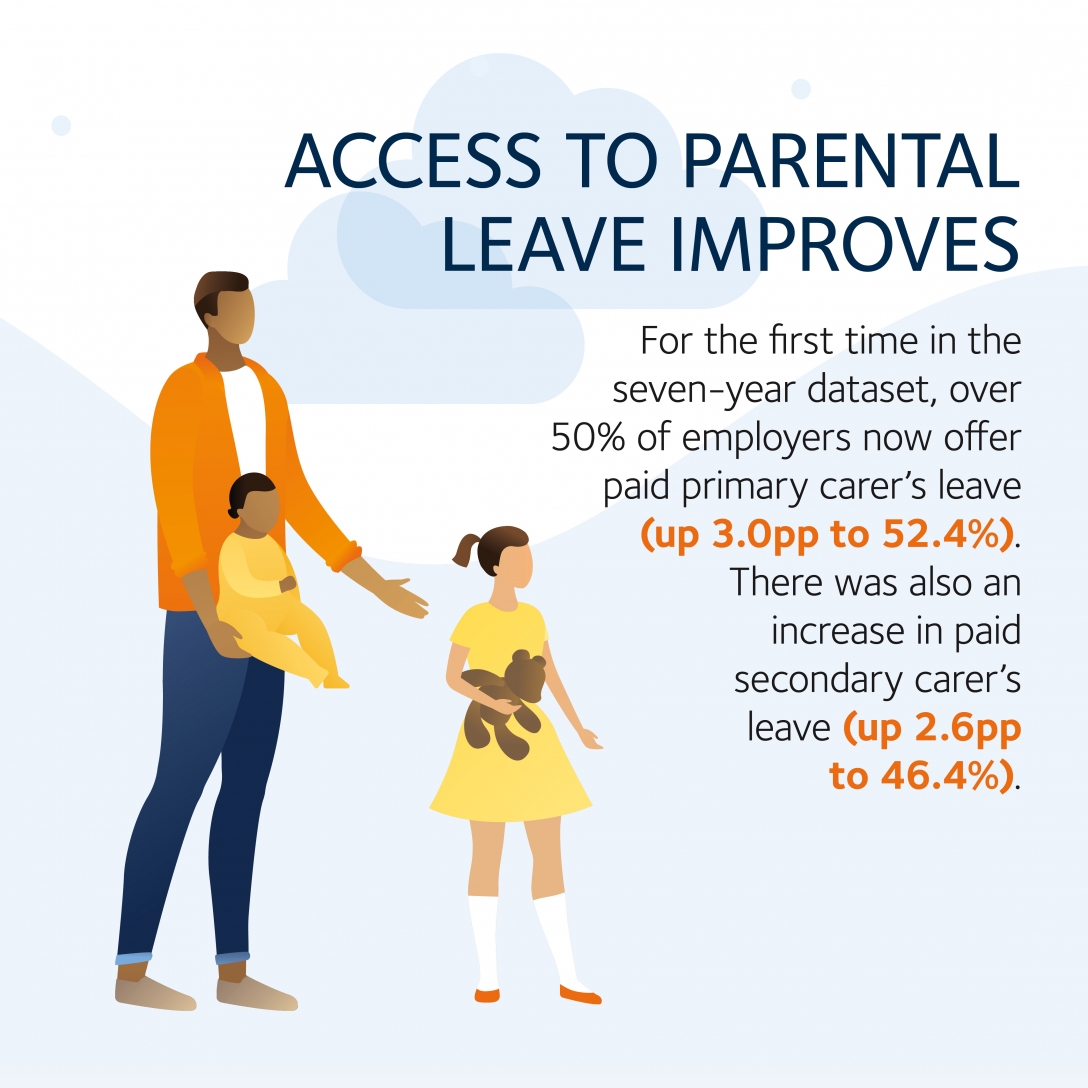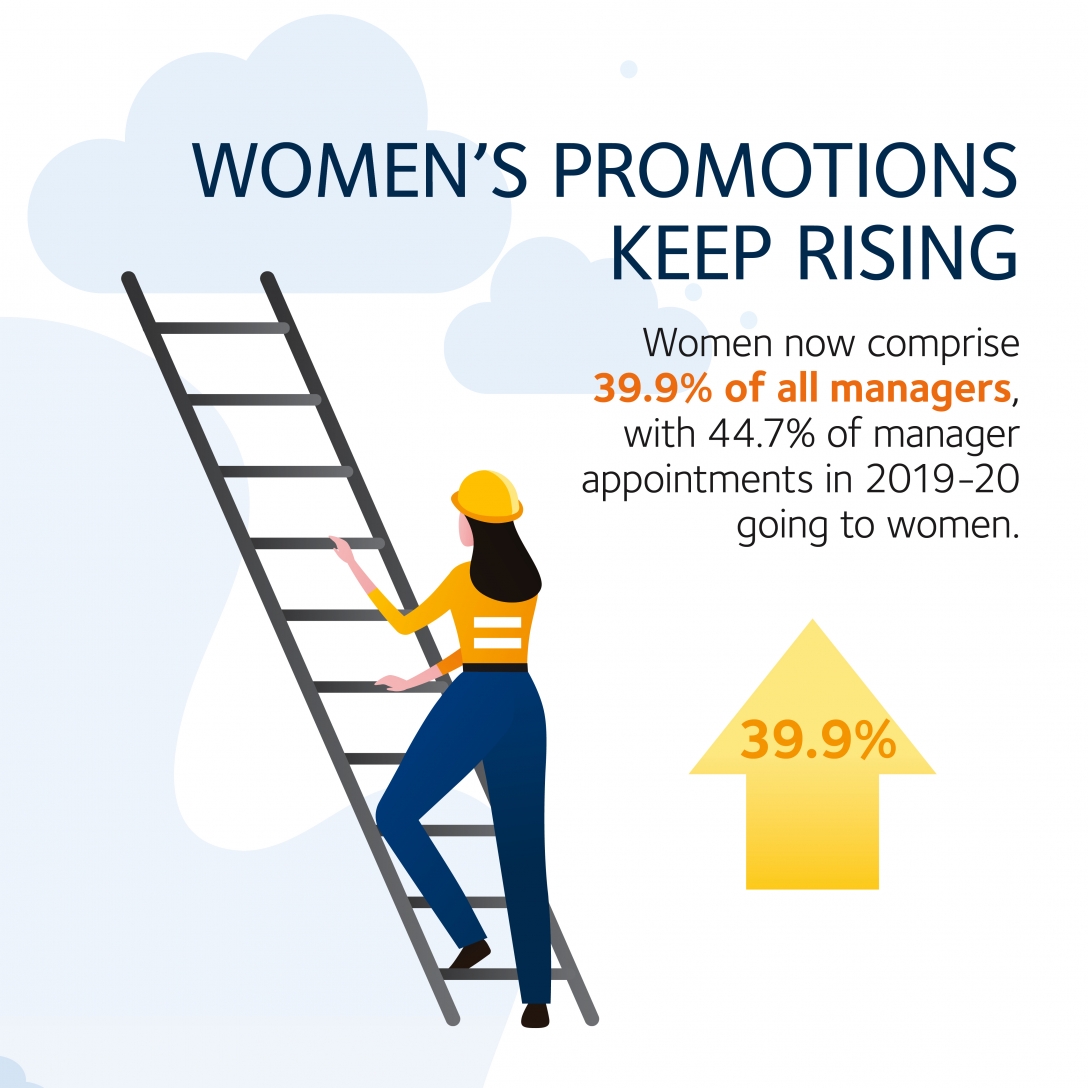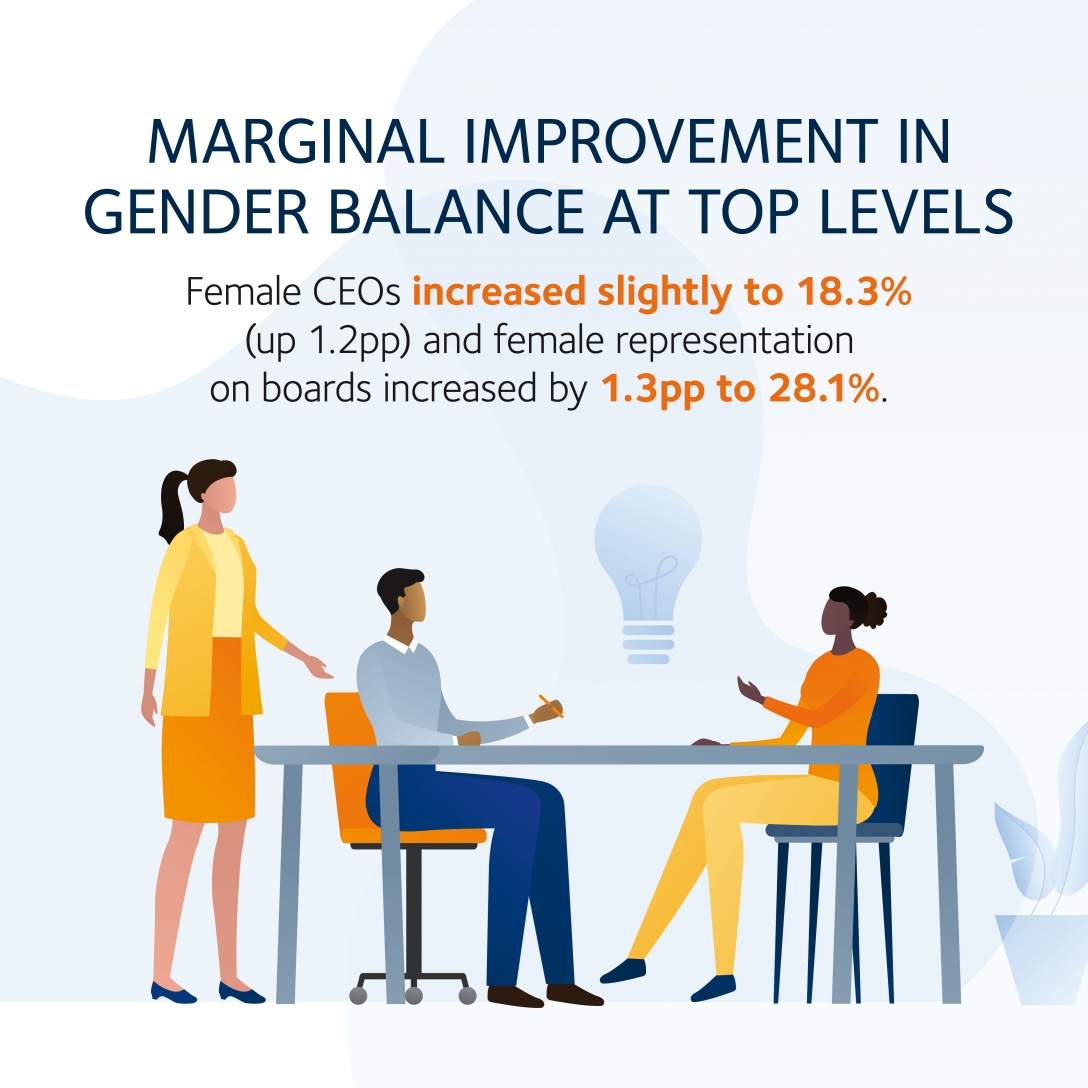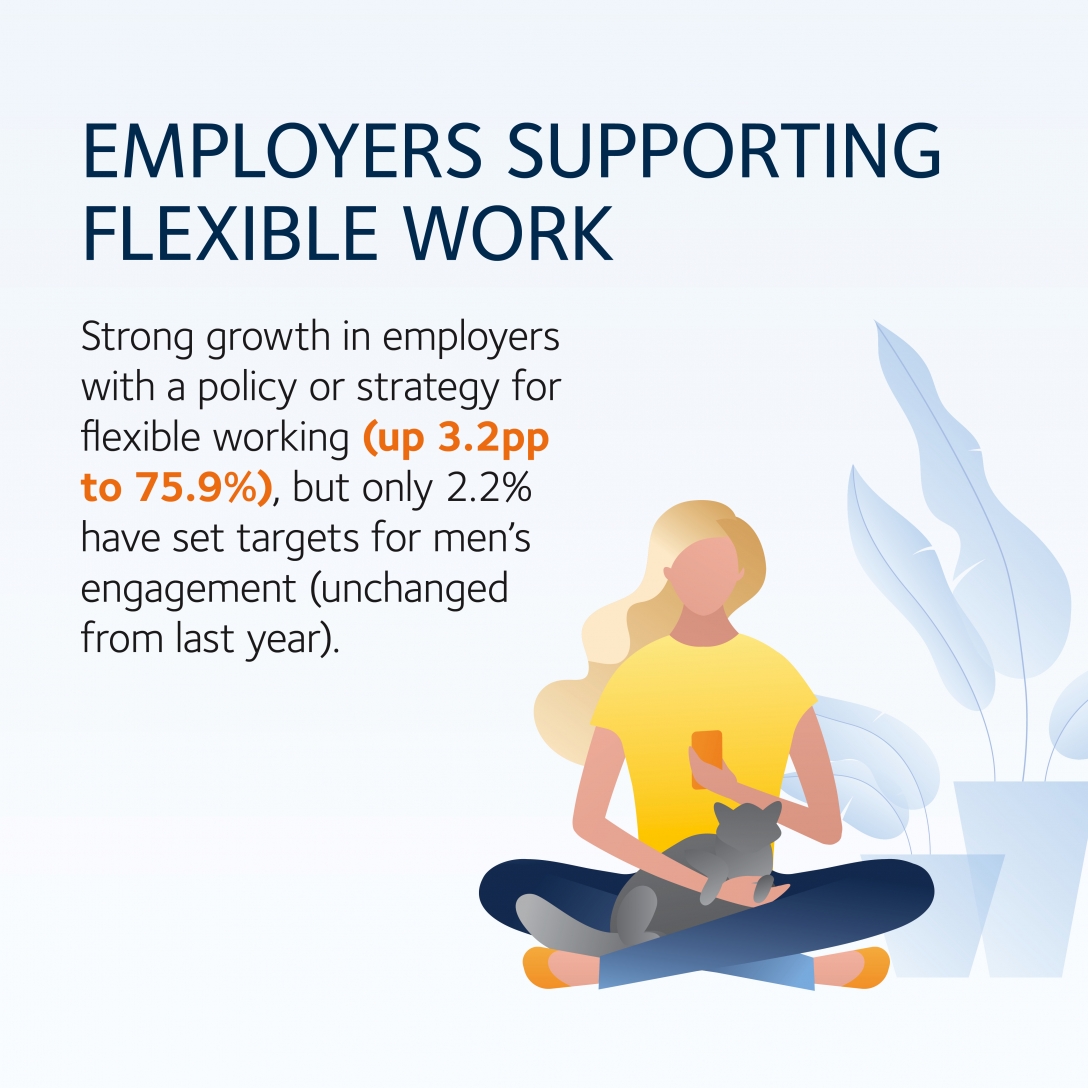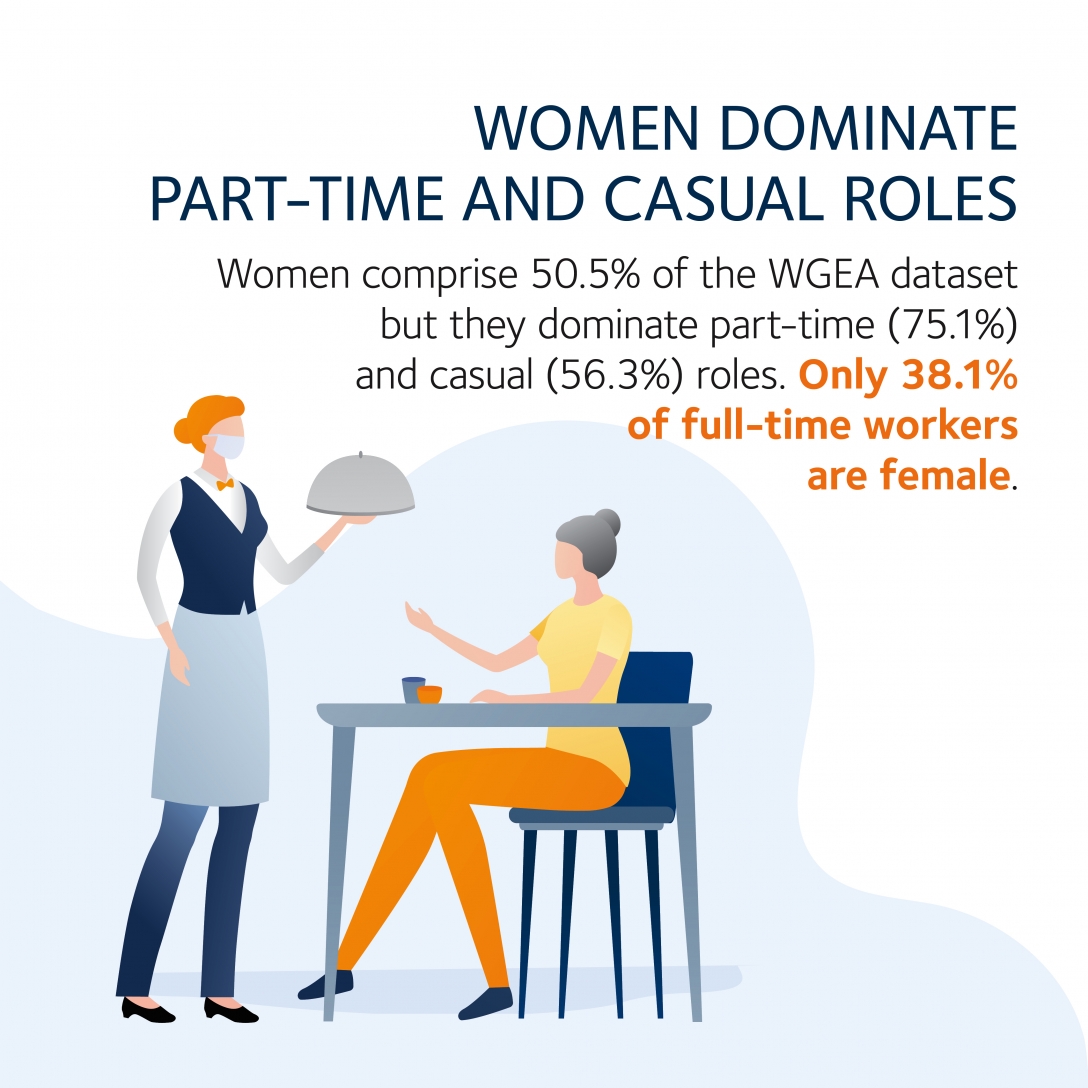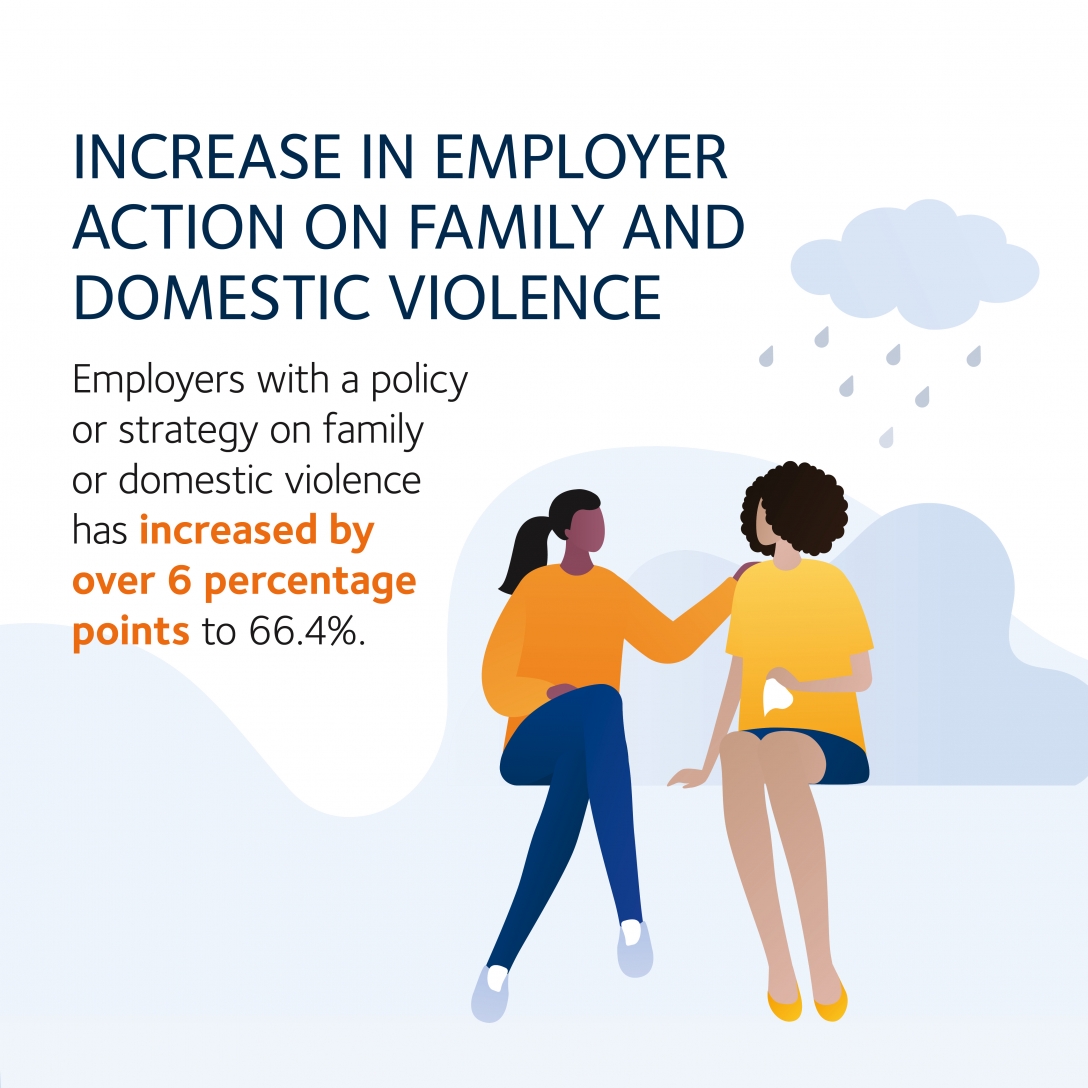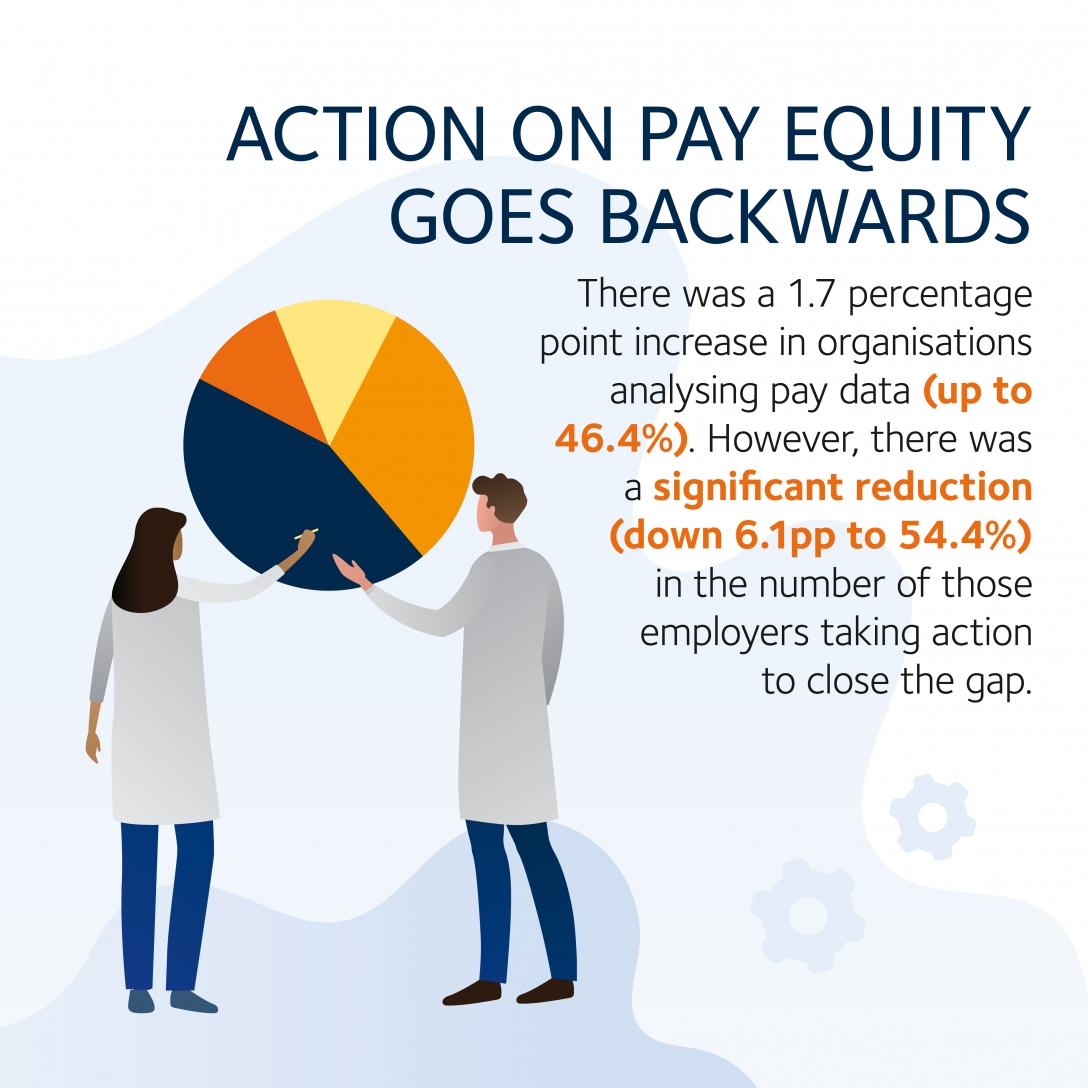Australia's latest gender equality scorecard is out now and we want your help to spread the word.
Today WGEA will release findings from the seventh year of collecting gender equality data from Australian workplaces.
Here are some of the key findings:
Download and share our Scorecard graphics
We are inviting you to join the conversation about gender equality in Australia workplaces on social media!
To get involved you could:
- Check out the WGEA Data Explorer to see how your organisation is tracking on gender equality. Share some ways that you are improving gender equality in your organisation or industry
- Share a photo of you and your team attending the first ever online Data Launch 2020 event, which begins at 12:30pm AEDT. If you haven’t registered already, click here.
- Tell your followers how your organisation stacks up against the rest of your industry
Use #WGEAdata and tag us @WGEAgency.
Join the conversation
Don't forget to share, follow and mention our accounts! You can get familiar with our social media profiles by following the links:
Twitter Facebook LinkedIn Instagram
Example content:
- New 2019-20 #WGEAdata out today! Find out how [your industry] is tracking for #GenderEquality in #AustralianWorkplaces! <link to scorecard> @WGEAgency
- According to new #WGEAdata out today, <your industry> have made improvements in gender equality. <Detail a way your organisation is pushing for gender equality> @WGEAgency
- The team is all together (socially distanced of course!) for this year’s Data Launch with @WGEAgency! #WGEAdata <Link to scorecard or video>
- <Your organisation> is happy to announce that we are leading the way in <your industry> for <offering parental leave/gender pay gap/etc> #WGEAdata @WGEAgency
Right click and 'save image as...'
Data released today shows a worrying decline in employer action on gender equality prior to the impact of COVID-19.
Australia's latest gender equality scorecard is out now and we want your help to spread the word.
